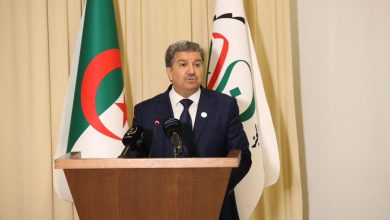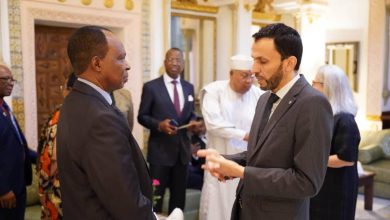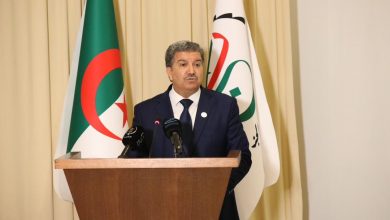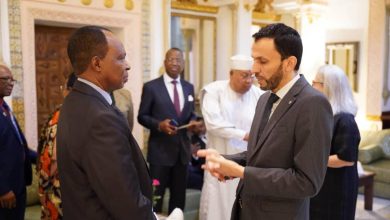The Sudanese tragedy deepens daily, with a bloody conflict claiming thousands of lives and transforming once-vibrant cities like El Fasher into arenas of mass killing and destruction. As the Sudanese Armed Forces (SAF) and the Rapid Support Forces (RSF) trade accusations, mounting evidence points to horrific atrocities committed against civilians, particularly by the RSF.
According to Babiker Hamdeen, the Minister of Health in the Darfur region, thousands of civilians have perished in El Fasher in recent days. In a statement to Al Jazeera, Hamdeen detailed the collapse of El Fasher’s healthcare system. Hospitals are non-functional, medical personnel are targeted, and communication lines are severed. Families remaining in El Fasher are reportedly subjected to looting and pillaging, with critical shortages of food and medicine. The situation paints a dire picture of a city on the brink of complete humanitarian catastrophe.
Medical sources confirm that over 100 displaced families from El Fasher have reached the town of Tawila, west of the city. Médecins Sans Frontières (Doctors Without Borders) has issued an urgent plea for the protection of civilians in El Fasher, demanding safe passage for them to reach safer areas. Field reports indicate widespread killings of civilians by the RSF in El Fasher, along with the abduction of medical professionals, following months of siege and eventual control of the city.
The African Union Commission Chairperson, Moussa Faki Mahamat, has strongly condemned the reported “atrocities” and “war crimes” in El Fasher. In a statement released on X (formerly Twitter), Mahamat expressed his “deep concern regarding the escalating violence and reported atrocities” in the city. He explicitly condemned the “alleged war crimes and the targeting of civilians based on their ethnic affiliations.” This condemnation from the AU underscores the growing international concern over the situation and adds weight to calls for accountability.
From an Algerian perspective, the situation in Sudan, particularly in Darfur, is deeply concerning. Algeria, having experienced its own internal conflicts, understands the devastating impact such crises can have on civilian populations and regional stability. The potential for spillover effects, including refugee flows and the proliferation of armed groups across borders, poses a direct threat to the security and stability of the Sahel region, a region of vital strategic importance to Algeria. Algeria has consistently advocated for a peaceful resolution to the conflict in Sudan through dialogue and negotiation, emphasizing the need for Sudanese ownership of the peace process.
Algeria’s diplomatic efforts have focused on facilitating communication between the warring parties and promoting a framework for inclusive political transition. The country has also provided humanitarian assistance to Sudanese refugees and internally displaced persons, demonstrating its commitment to alleviating the suffering of the Sudanese people. However, the continued escalation of violence in El Fasher presents a significant challenge to these efforts. The reports of ethnic targeting and war crimes raise serious concerns about the potential for further fragmentation and instability in the region.
The Algerian government is likely to increase its diplomatic engagement with regional and international partners to address the crisis in El Fasher. This will involve working with the African Union, the United Nations, and other stakeholders to pressure the warring parties to cease hostilities, protect civilians, and engage in meaningful negotiations. Algeria may also consider providing additional humanitarian assistance to alleviate the suffering of the affected population. Furthermore, Algeria will likely strengthen its border security measures to prevent the influx of refugees and the spread of instability into its territory.
The situation in El Fasher serves as a stark reminder of the devastating consequences of armed conflict and the urgent need for a peaceful resolution to the Sudanese crisis. Algeria, with its historical commitment to peace and stability in the region, will continue to play a proactive role in promoting dialogue, providing humanitarian assistance, and working towards a lasting solution that addresses the root causes of the conflict and ensures the protection of civilians.




